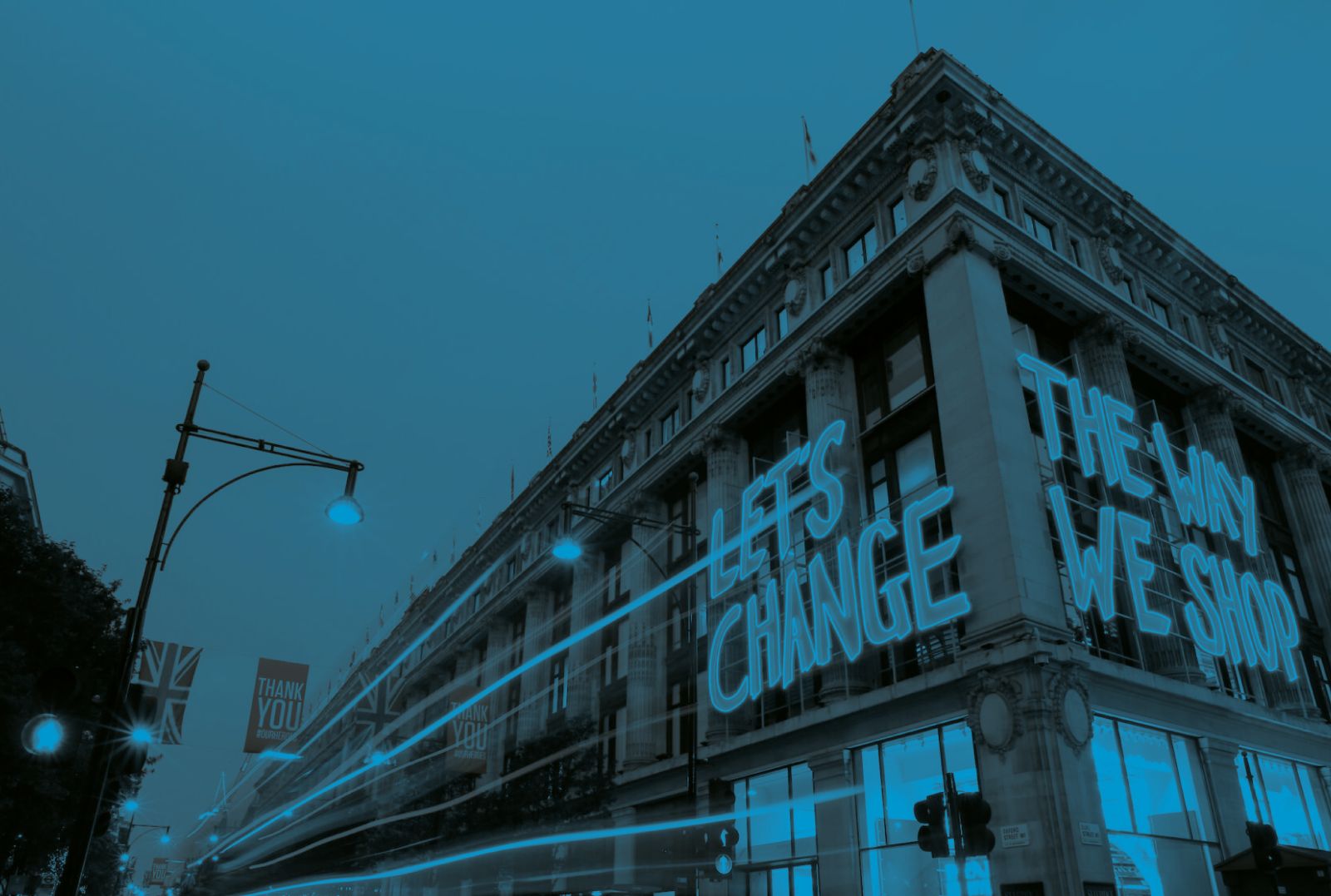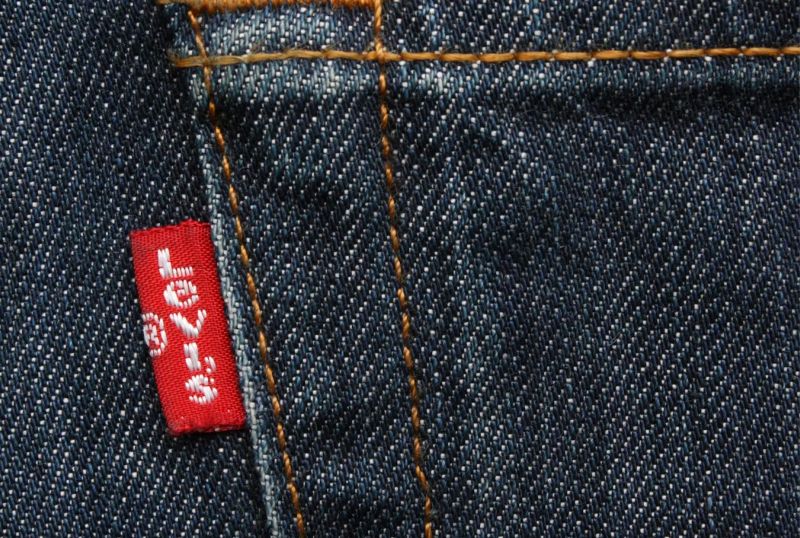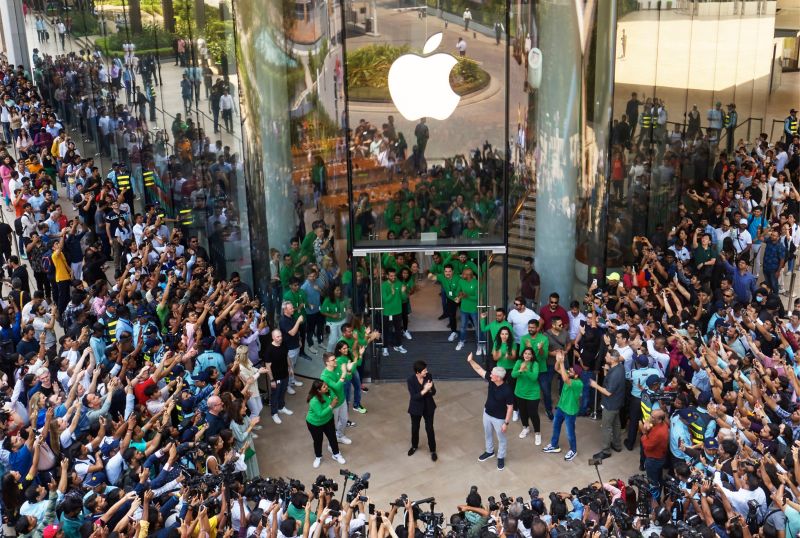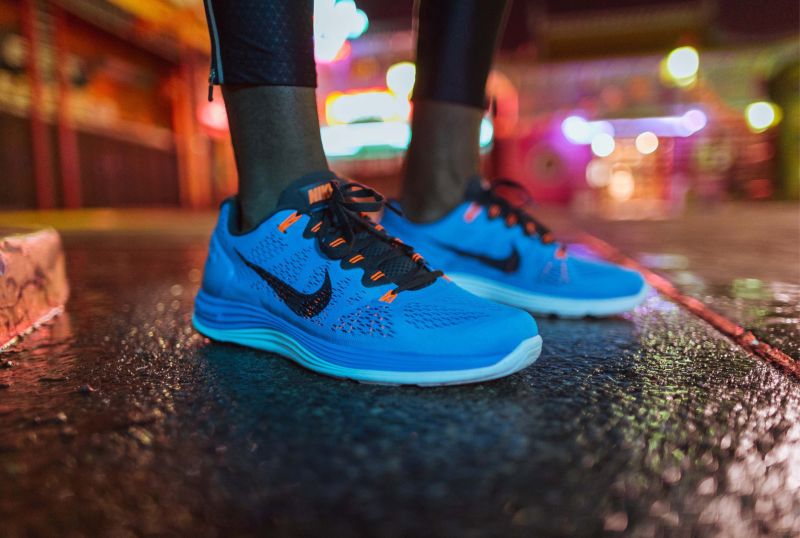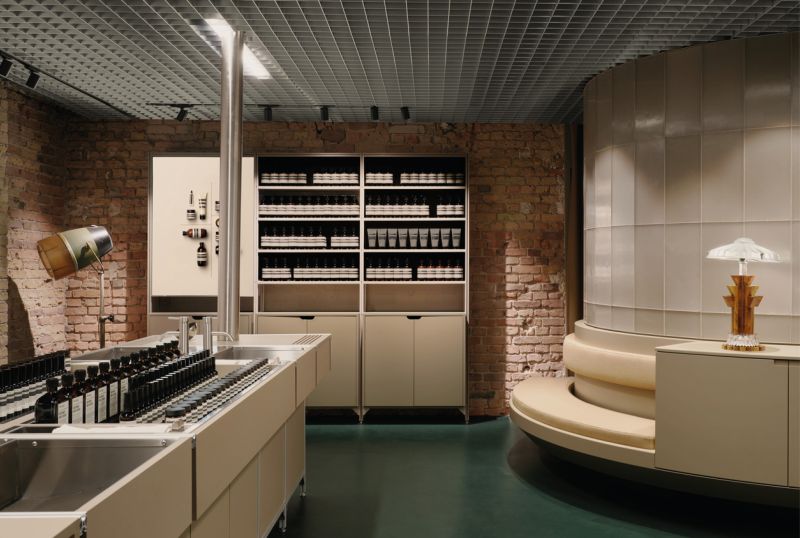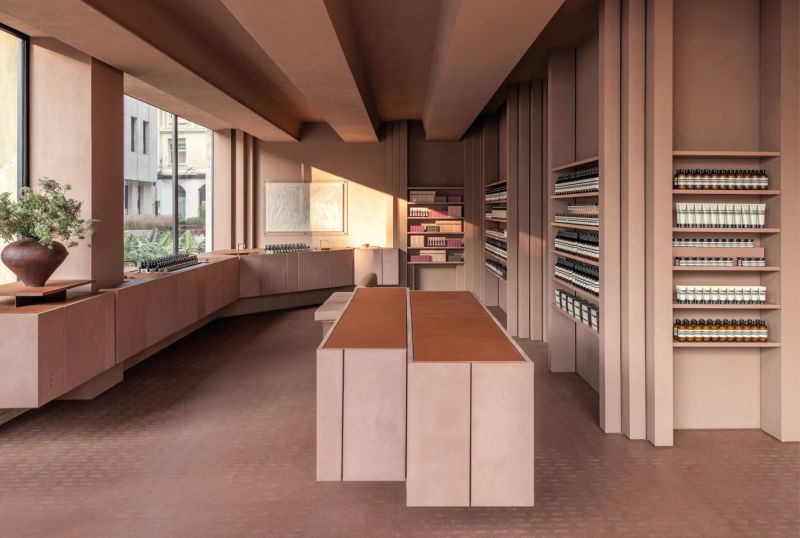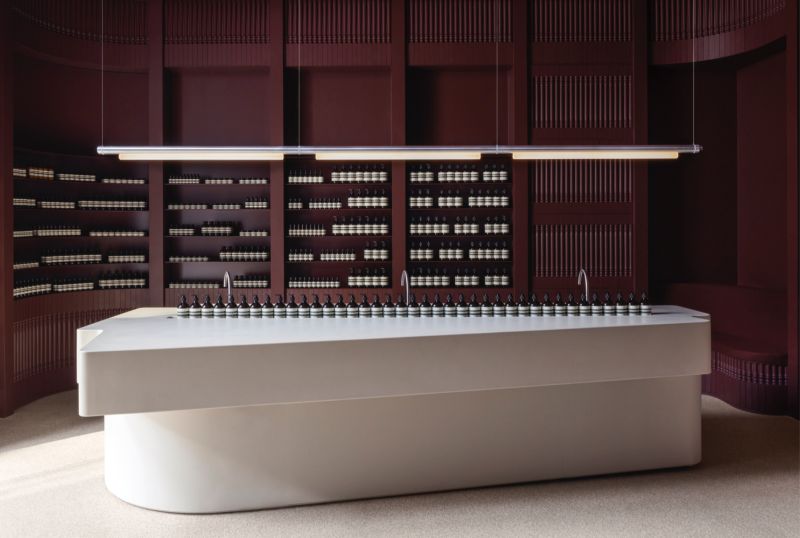Beyond Transactions. What is your store really selling?
In a world where more retail transactions are happening online, many assume physical stores are losing relevance. But the truth is the opposite. Stores are evolving—from points of sale to powerful platforms for trust, faith, and loyalty. Here we explore why the store is no longer a channel—it’s a signal. Using behavioural science, global case studies, and strategic insight, we make the case for why senior retail leaders must invest in store environments as belief-building engines—not just places to move product.
Your Stores Aren’t Selling Products Anymore. They’re Selling Belief.
Imagine telling your CFO that your flagship store isn’t about shifting units—it’s about shifting mindsets. You’d probably be laughed out of the boardroom. And yet, that’s exactly what the best brands are doing. Because your stores — they’re not endpoints, they’re entry points. Not to transactions, but to trust, faith, and loyalty.
As more purchases shift online, it’s tempting to assume the role of physical retail is shrinking. In reality, it’s doing the opposite, and according to McKinsey, 60–70% of consumers still interact with a physical store at some point in their journey—even if the purchase ends online.
What we’re witnessing is not decline, but metamorphosis—from places of purchase to temples of belief.
From Transaction to Transformation
Walk into your favourite store—not to buy, but to belong. That’s the new retail paradigm. When people step through your doors, they’re not just here to shop—they’re here to believe. They believe your brand delivers on its promises. They believe it shares their values. And they believe it’s worth coming back to.
Research backs this up: the Edelman Trust Barometer finds that 59% of consumers are more likely to buy from a brand they trust—even if it costs more.
Retail, when done right, builds a bond that’s harder to break than a subscription contract. It’s not just functional—it’s emotional. And like all great relationships, it’s built progressively:
Trust sparks faith.
Faith nurtures loyalty.
Loyalty sustains the brand.
The Three Belief Builders
Trust: The Comfort of the Known
Buying Levi’s isn’t a risk—it’s reassurance. The stitching, the cut, the cultural cachet. It doesn’t have to shout. Trust is woven in. That’s what your store should feel like: reliable, intentional, quietly confident.
Kantar reports that brands with strong emotional connections grow brand value 3× faster than those without.
Faith: The Leap of Confidence
Joining the iPhone queue on launch day is irrational. You don’t know exactly what you’re buying—but you believe it’ll be worth it. That kind of commitment isn’t driven by a digital ad. It’s built through consistent, credible, immersive brand experiences. Forrester’s research suggests that emotionally connected customers are twice as valuable as highly satisfied ones.
Loyalty: The Relationship Dividend
Still lacing up your Nikes despite cheaper options? That’s loyalty. Not to the shoe—but to the story. Nike isn’t selling sneakers—it’s selling ambition, identity, and community. Your store can do the same—if you treat it as a stage, not a shelf.
Why Physical Still Wins
If you’re not ‘selling’ in-store, what’s the ROI? Here’s the behavioural kicker: humans are hardwired for in-person connection. A University of North Carolina study showed that face-to-face interaction boosts oxytocin—the trust hormone. You can’t trigger that with a TikTok.

Signals That Build Trust, Faith & Loyalty
Costly signals are the visible choices that show customers and competitors what you truly stand for. They require significant investment to create and maintain, making them difficult to fake. More than just expenses, they act as proof points—signals of credibility, creativity, and commitment—that shape how people trust and believe in your brand.
Enter Costly Signalling Theory: the idea that the more something costs to sustain, the more believable the signal. In nature, it’s the peacock’s tail. In retail, it’s your architecture, your materials, your tech, your staff, your space. These are the signals that build belief.
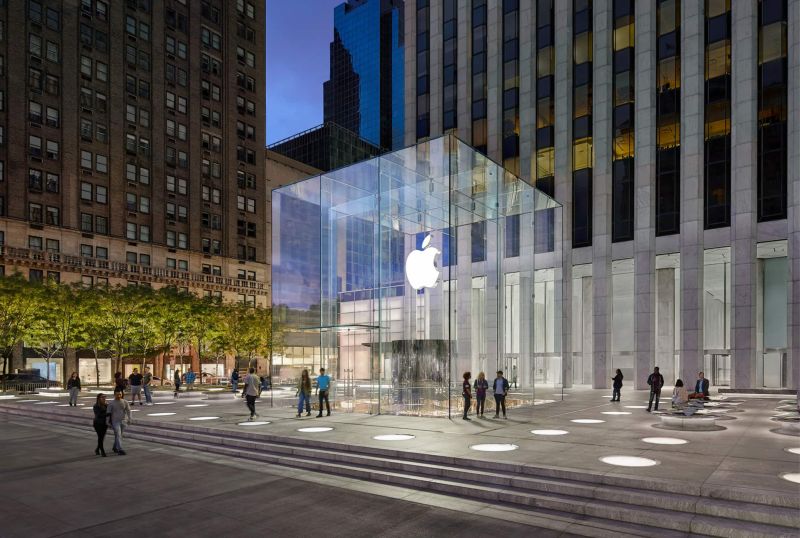
1. Architecture as Assurance
Apple’s Fifth Avenue cube doesn’t just house products—it projects values. Transparency. Innovation. Permanence. Without even entering, you feel the brand’s message of openness, clarity, and innovation. Walking down the spiral staircase feels like entering a tech cathedral—this is more than a store; it's where the future lives.
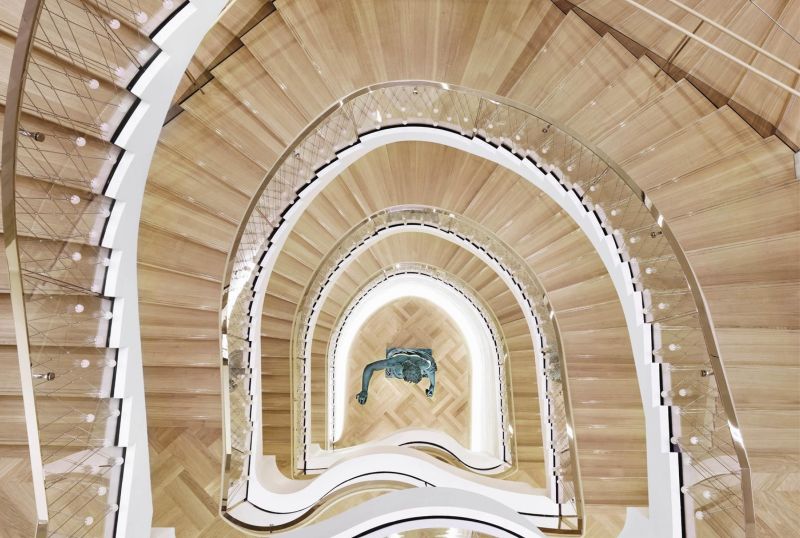
2. Luxury That Whispers
The Tiffany flagship in New York feels more like a temple of trust than a store. The luxurious marble floors and crystal chandeliers quietly promise that everything here is built to last. It’s not just about selling jewellery—everything, even the floors and walls, guarantees quality. These luxury interiors don’t merely attract—they seduce. Bain found that 80% of luxury sales are influenced by the in-store experience—even when the transaction ends online.
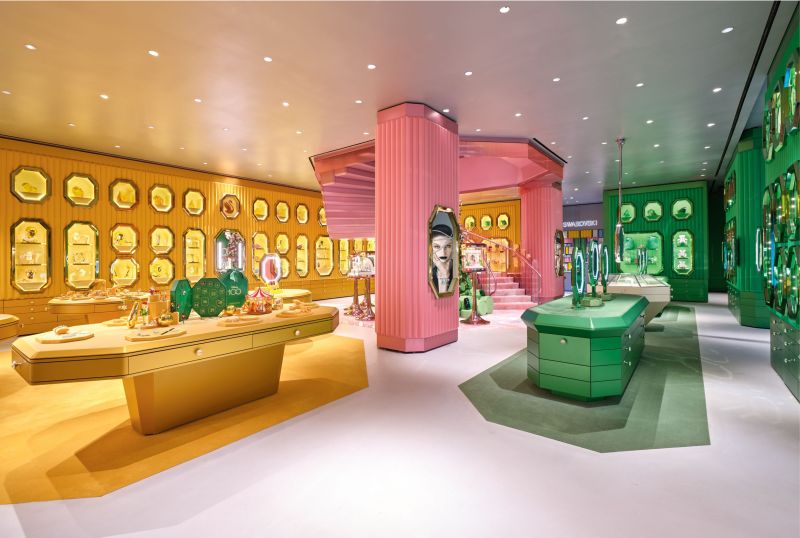
3. Precision That Preaches
Swarovski in New York feels like a jewel box itself. Everything is made with precision so the jewellery can sparkle. The flawless displays and soft finishes aren’t just for show—they’re a message. Every detail says, "We care."
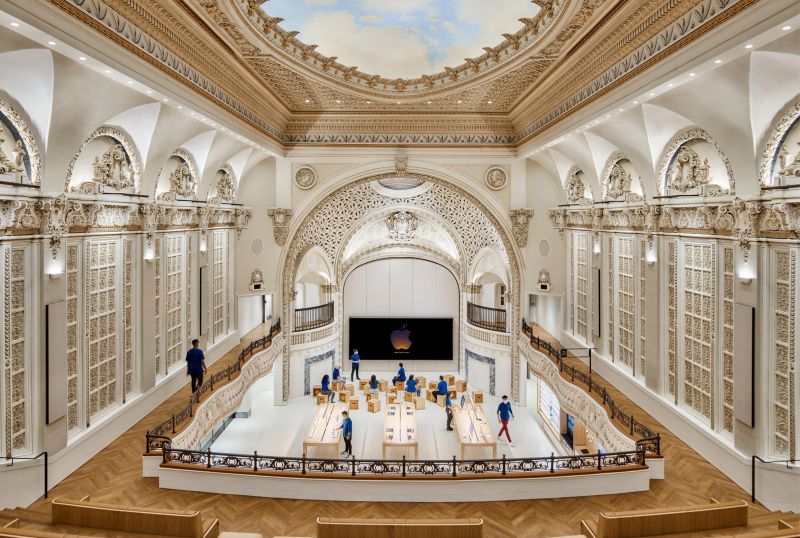
4. Space That Breathes
Apple’s Tower Theatre store feels effortless. Spacious, calm, and clear. The simple, uncluttered space builds trust. It’s as if Apple is saying, “Here’s everything. Take your time.”
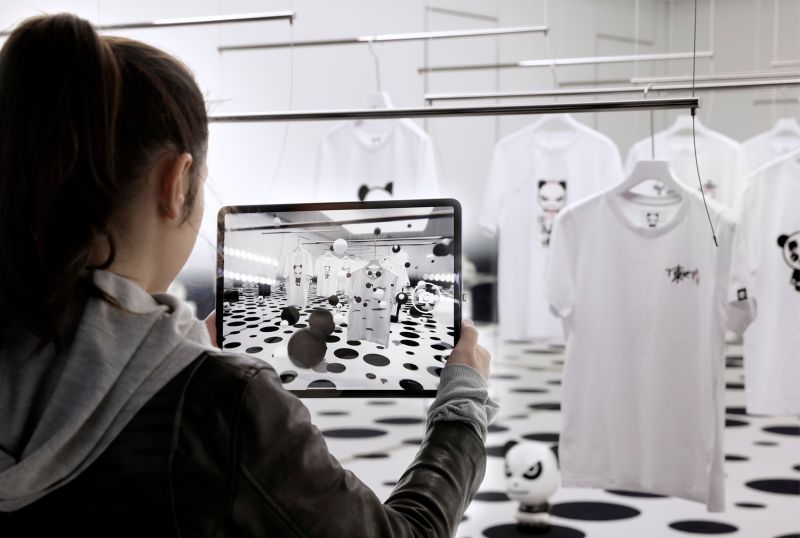
5. Technology That Delights
HiPanda in Tokyo is a tech playground. Augmented reality, digital displays, and animated avatars. It’s more than novelty—it’s the brand saying, “We know what excites you—and we’re investing in it.
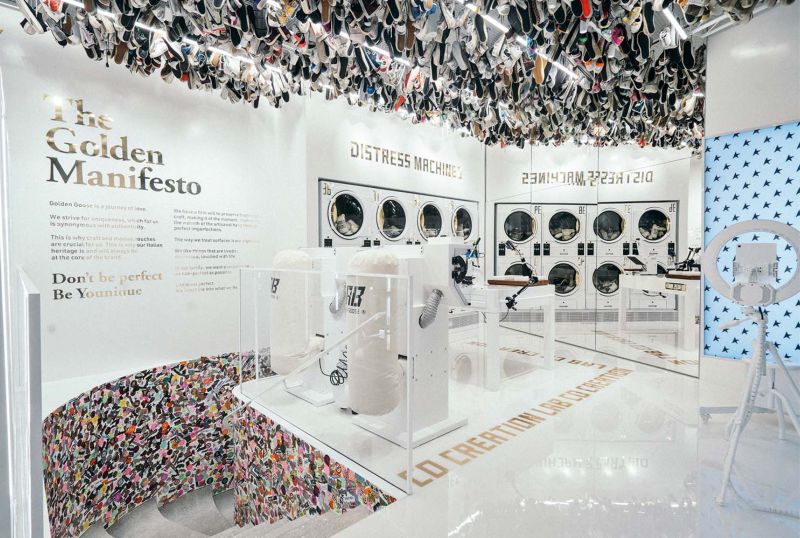
6. Personalisation That Matters
Golden Goose, NYC, turns you from customer to co-creator. Pick colours, materials, finishes—make the shoes yours. Deloitte found personalised experiences deliver 5–8 fold ROI and increase conversion by over 10%.
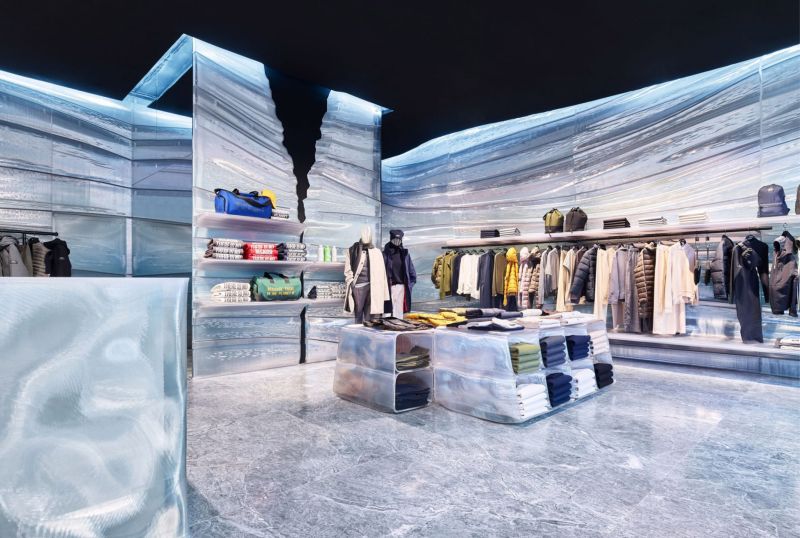
7. Sustainability That Connects
Ecoalf in Madrid sells footwear and fashion made from ocean plastic. Transparent about materials. Open about mission. According to First Insight, 73% of Gen Z will pay more for sustainable brands.
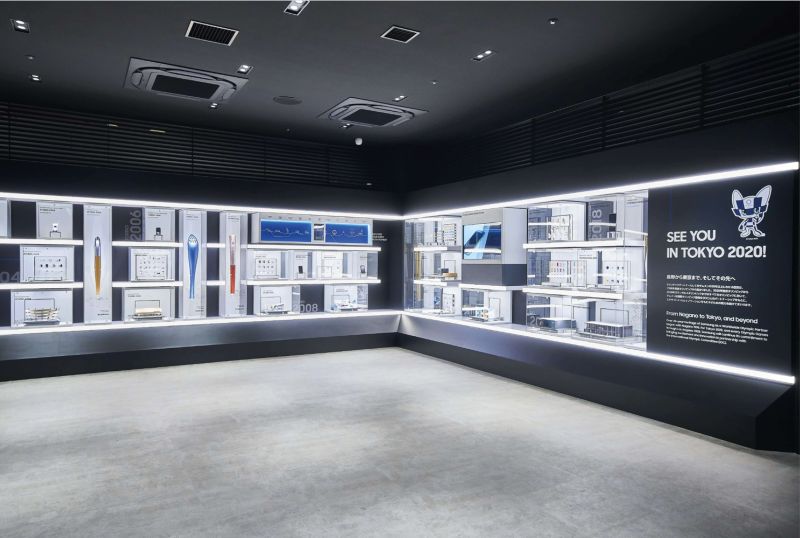
8. Heritage That Anchors
Samsung Galaxy Store, Tokyo blends past and future. It’s part museum, part manifesto. Each product is part of a journey. History signals reliability. Longevity is its own kind of innovation.
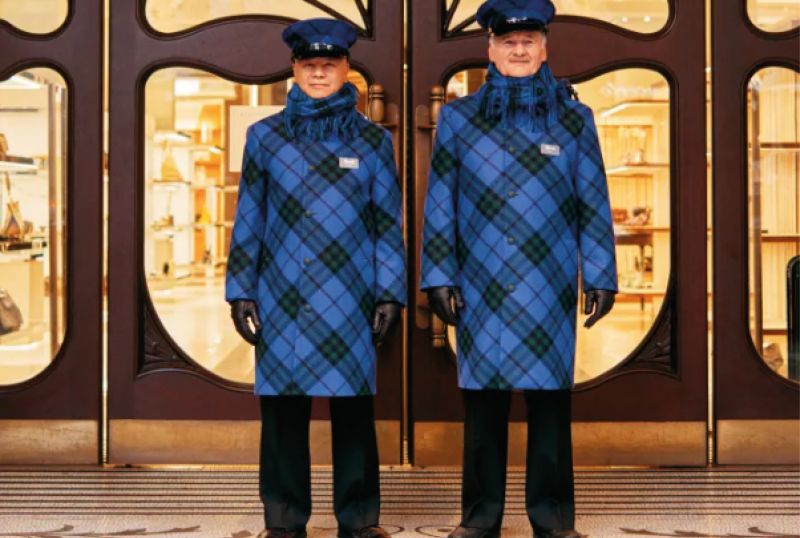
9. Uniforms That Signal Service
Harrods in London. Impeccable. Recognisable. Trustworthy. Crafted uniforms aren’t just for show. They communicate service and pride. During a temporary takeover, the doormen stepped into tailored Burberry—and for a moment, heritage spoke to heritage, each brand amplifying the other’s values.
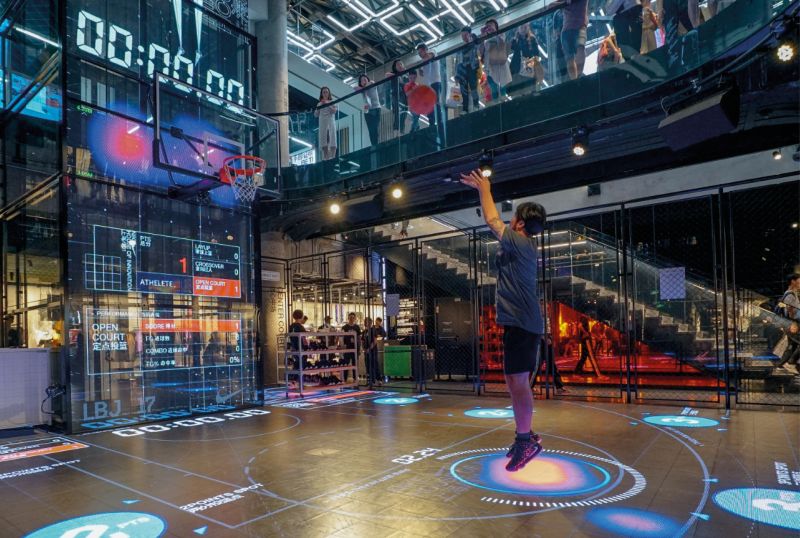
10. Entertainment That Engages
Nike, NYC. A digital basketball court that tracks your shots. The store becomes a stage. PwC says 43% of consumers visit stores for entertainment and experience.
11. Consistency That Reassures
Aesop stores worldwide blend local culture with global familiarity. The design shifts, but the feeling stays the same. Consistency builds comfort. Comfort builds trust.
The Mindset Shift That Matters
Convincing execs to invest in stores that don’t ’sell’ is tough. Because we’re asking the wrong question. It’s not about sales per square foot. It’s about trust per square foot. Trust compounds. Trust retains. Trust justifies a premium.
Change the Metrics. Change the Game.
Shifting 10% of your marketing budget to physical retail may sound radical. It’s not. It’s rational. But you’re not just playing the game smarter, you’re changing the rules entirely. You’re not just spending. You’re signalling. And those signals become belief. Belief becomes loyalty. Loyalty builds brands.
The Leadership Leap
If you’re a senior retail leader, now’s the moment to act. Stop treating your store as a sales channel. Start using it as a brand belief system. Measure its ability to spark connection, not just conversion. Build retail environments that reflect what your brand stands for, not just what it sells. By doing this, you’ll build an enduring brand that stands for something greater.
Because in the end, the store that earns belief will always outperform the store that just pushes product. The future isn’t about transactions. It’s about trust. And trust lives in-store.
